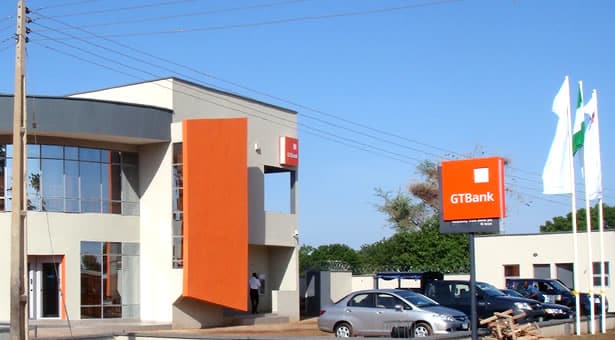Guaranty Trust Bank (GTBank) has announced a game-changing decision that is set to shake up the digital payments landscape in Nigeria. The bank has taken the bold step of waiving processing fees on its POS terminals, allowing businesses to accept payments at zero cost. This move is not only expected to ease financial pressure on merchants but also make GTBank’s POS services more appealing in a market that is becoming increasingly competitive.
Miriam Olusanya, the Managing Director of Guaranty Trust Bank Nigeria, expressed the bank’s commitment to adding value to the financial ecosystem. She stated, “By implementing the zero processing fees on POS transactions, we are empowering businesses to get the full value of every payment they receive, whilst also ensuring a more seamless and efficient payment experience.”
Effective from February 11, 2025, all qualifying merchants using GTBank’s POS terminals will no longer incur Merchant Service Charges (MSC) when processing customer payments. This move positions GTBank as a cost-effective alternative to other POS providers, as merchants typically pay a fee, usually a percentage of each transaction, to their payment service provider.
The digital payments sector in Nigeria has seen exponential growth, with registered POS terminals reaching 7.8 million in 2024, nearly double the volume from the previous year. The total transaction value also surged to ₦18 trillion in 2024, up from ₦10.7 trillion in 2023. This growth can be attributed to factors such as cash scarcity and the expansion of fintech companies like OPay, Moniepoint, and PalmPay, which have dominated the merchant payments space.
GTBank’s fee waiver marks a strategic move in the battle for POS market share, a sector traditionally dominated by fintech firms offering lower fees and faster settlements. This initiative aligns with the user acquisition strategies often employed by fintech startups, prioritizing market share over immediate profitability.
By absorbing transaction costs, GTBank aims to drive adoption of its POS services among small and medium-sized businesses while competing against fintech-led payment solutions. However, the long-term sustainability of this strategy remains uncertain. While fintech firms rely on venture capital to offset initial losses, traditional banks like GTBank operate under different financial structures and regulatory obligations. It remains to be seen whether the zero-fee initiative is a temporary promotional tactic or a fundamental shift in GTBank’s payment processing approach.
In conclusion, GTBank’s decision to waive processing fees on its POS terminals is a bold and strategic move that is set to reshape the digital payments landscape in Nigeria. This initiative not only benefits merchants by eliminating transaction costs but also positions GTBank as a competitive player in the increasingly crowded market. Only time will tell whether this move will be a temporary promotion or a long-term strategy for the bank.








